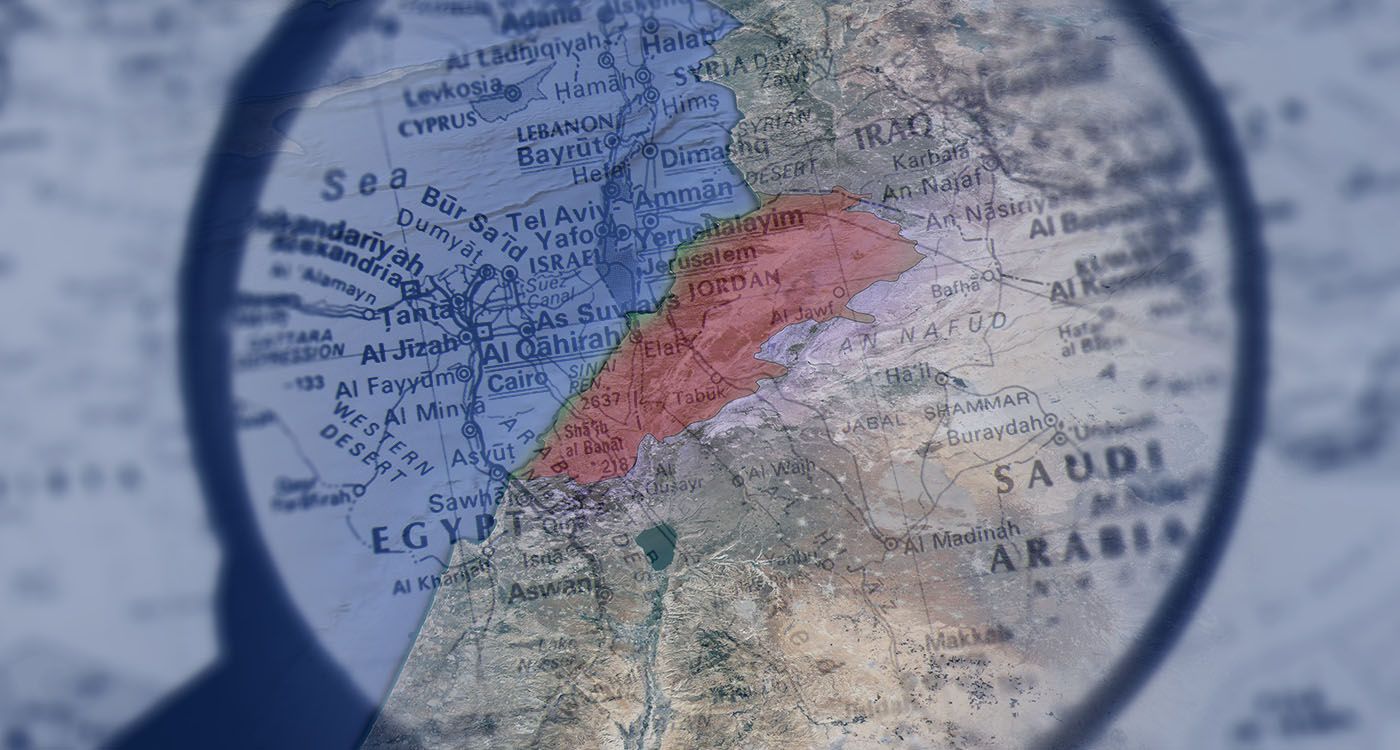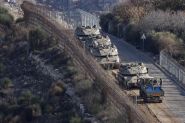
Foreign observers wonder why the transition seems to be so awkward at a time when the proper conditions for an orderly political change are in place. Far from being accidental, these botched opportunities are ascribed to systemic factors related to undermined national legitimacy, curtailed sovereignty, dysfunctional governance, and regional imperial inroads that distorted the very nature of domestic political life. Fifty years after the onset of the Civil War, Lebanon is still trapped in the middle of the centrifugal entropies that have eaten at the very roots of its raison d’être. Nothing was left in place, and nothing is likely to be brought back into order as long as the fundamentals of national legitimacy and functioning statehood are not restored.
The idleness of the current political debate around the restoration of state sovereignty is still marred by ideological obfuscations, moral equivocations and calculated malevolence, which add to the miseries of our country: “Misnaming things adds to the world’s misfortune.” After the disastrous war launched by Hezbollah in 2023 and its cortège of calamities, it was time to take a pause and review retrospectively and critically our actual whereabouts and decide on the new course that we needed to take if we were to overcome the self-inflicted damnations. Unfortunately, Hezbollah and the totalitarian enthrallment that took over the Shiite community are not yet ready to overcome the state of arrogance, denial of reality and self-righteousness that have hobbled the critical retrospection.
The newly elected and nominated executive power has failed so far to undergo a reality check and has deliberately chosen to overlook the emerging geostrategic realities in order to take stock of the desolation left by the senseless war of 2023 and come to terms with its strategic, political and moral consequences. The tragedies that have befallen the country are the results of ideological mystification, flawed strategic calculations and elusive political objectives. Lebanon has no responsibility whatsoever and should hold Hezbollah exclusively responsible for the actual predicament. The Lebanese government should honor its commitment and expand the scope of peacemaking toward the formalization of a peace treaty with Israel to put an end to the unending cycles of violence.
The positions of the executive branch are totally wrong, since it refuses to assume its part of the responsibility in the truce agreement and move ahead with its political and military assignments and, worse still, it works on accommodating Hezbollah’s mutating agenda. The statements of the president, the prime minister and their lieutenants are defiant and irresponsibly challenging the international resolutions while time is running out and the faltering chances of the truce are numbered by the day. Such is the lamentable behavior of the rump parliament run by a corrupt autocrat for over thirty-three years. The rhetoric of victimization and self-pitying belligerence has become self-defeating and partakes of a mechanism of psychotic defenses.
The purported actors should either engage the international dynamic and take upon themselves the fulfillment of its mandates or prepare for the resumption of war and its irreversible geostrategic ramifications. The escapist posture connotes immaturity and betrays the weaknesses of a deeply fractured political landscape and a disintegrating polity. This state of prostration displays the structural fault lines of a failed polity, its inability to evolve democratic consensuses, operate functional non-corrupt governance and assume its responsibilities within the international community. The lack of cohesion of the executive branch, the servility of a rump parliament and an instrumentalized judiciary have battered the notion of the constitutional state, the separation of powers and the full exercise of sovereignty.
Otherwise, the impact of negotiations between the United States and Iran is decisive insofar as military denuclearization, the end of the Iranian destabilization strategy, and its network of terrorist movements, rogue states and organized criminality are concerned. The failure to address these thorny issues is likely to backfire, lead to war, and put at stake the civil concord in a country deeply polarized and where the faltering credentials of the Islamic regime are running their course. The presumed support of the neo-totalitarian axis is, in all probability, defaulting and unlikely to be enlisted in any conflict scenario. The Iranian regime and its Lebanese clone have no other choice but to bet on civil war and the spawning of chaos.
In counterpart, the neo-Ottoman imperialist drive of the Islamist regime in Istanbul is thwarted by a highly determined Israeli counteroffensive bent on setting the coordinates of a new geopolitical order along the intersection of strategic containment and the integration of the domestic political dynamics and their shifting fault lines. Unfortunately, nothing is promising in Lebanon and the Near East as long as the foundations of geostrategic and political stability remain unsettled and conflicts are not abating.



Comments